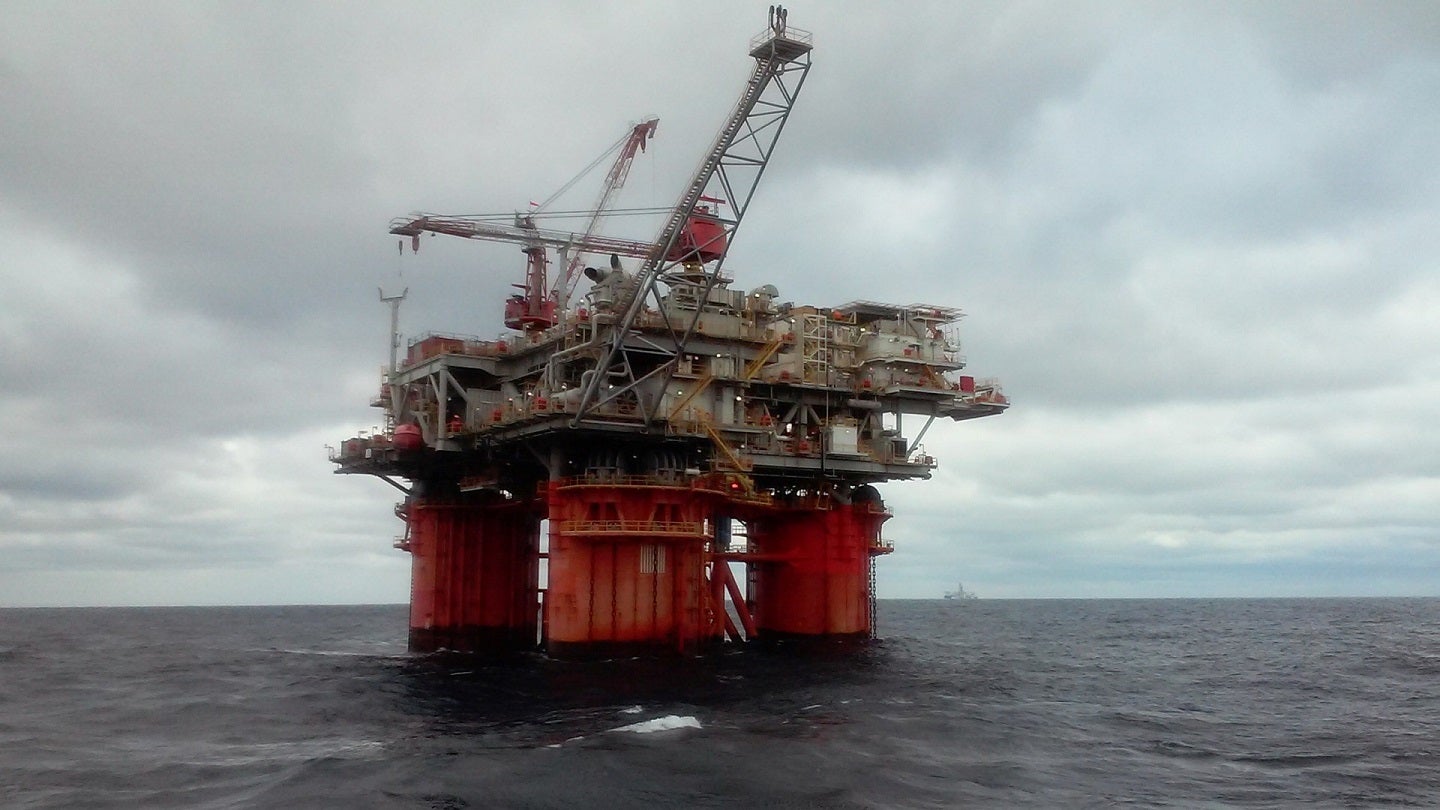
The UK Government has said that oil produced from the controversial Rosebank project will be sold on the international market and not to consumers in the UK.
The admission undermines persistent arguments from ministers and Rishi Sunak, the UK’s Prime Minister, that the predicted environmental impacts of the project are justified because the oil produced from it will ultimately improve the country’s energy security and bring down costs for UK consumers.
The government has also repeatedly stated that the project is environmentally sound because the oil produced will be used domestically, therefore reducing the need for more emissions-intensive imports.
In a written answer to parliamentary questions seen by the Guardian, the government now looks poised to allow the private companies overseeing the extraction of oil to sell the vast majority to international parties.
“Due to UK refinery specifications and global market conditions, around 80% of the oil produced in the UK is refined overseas into the products demanded by the UK market. It is not desirable to force private companies to ‘allocate’ oil and gas produced in the North Sea for domestic use,” the answer said.
Labour MP Lloyd Russell-Moyle, who submitted the parliamentary question, told the Guardian: “This government’s answer proves Rosebank is not about supplying the UK with oil and gas, it’s purely another gimmick designed to appeal to a section of the electorate which has no concern for either the future of the planet or their own children.
How well do you really know your competitors?
Access the most comprehensive Company Profiles on the market, powered by GlobalData. Save hours of research. Gain competitive edge.

Thank you!
Your download email will arrive shortly
Not ready to buy yet? Download a free sample
We are confident about the unique quality of our Company Profiles. However, we want you to make the most beneficial decision for your business, so we offer a free sample that you can download by submitting the below form
By GlobalData“But that is why we need to plan the transition carefully and fairly, not abandon it and add yet more carbon pollution to the atmosphere,” he added.
The project’s operator, oil and gas major Equinor, has previously predicted that Rosebank could produce 500 million barrels of oil, or 8% of the UK’s total crude supply, between 2026, when production is due to begin, and 2030.
It was given formal approval at the end of September, after years of anti-Rosebank campaigns from environmental groups and opposition MPs. In March last year, Shadow Energy Secretary Ed Miliband condemned the project, stating: “The same resources could build the future. The government siphons money to companies making record profits to persuade them to invest in expensive solutions that will not cut bills by a penny.”
Just weeks ago, climate groups Greenpeace and Uplift began separate legal proceedings against the government’s approval of the oil field.
Tessa Khan, executive director of Uplift, said: “If Rosebank goes ahead, the UK will blow its own plans to stay within safe climate limits. It is that simple. If the government disagrees, it needs to provide evidence and prove it in court.”
Hundreds of climate scientist and academics, as well as more than 200 independent organisations, have publicly opposed the development of the Rosebank oil field throughout 2023.
A spokesperson for the Department for Energy Security and Net Zero said that as a “net importer” it makes sense for the UK to use “home-grown British resources to manage the decline in domestic oil and gas production in a way that reduces our vulnerability to hostile states”.
They added: “We will continue to back the UK’s oil and gas industry, which underpins our energy security, supports up to 200,000 jobs, and will provide around £50bn [$63.52bn] in tax revenue over the next five years – helping fund our transition to net zero.”






